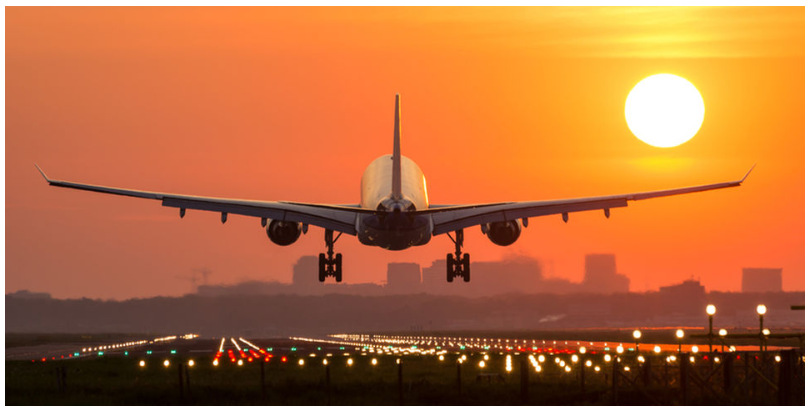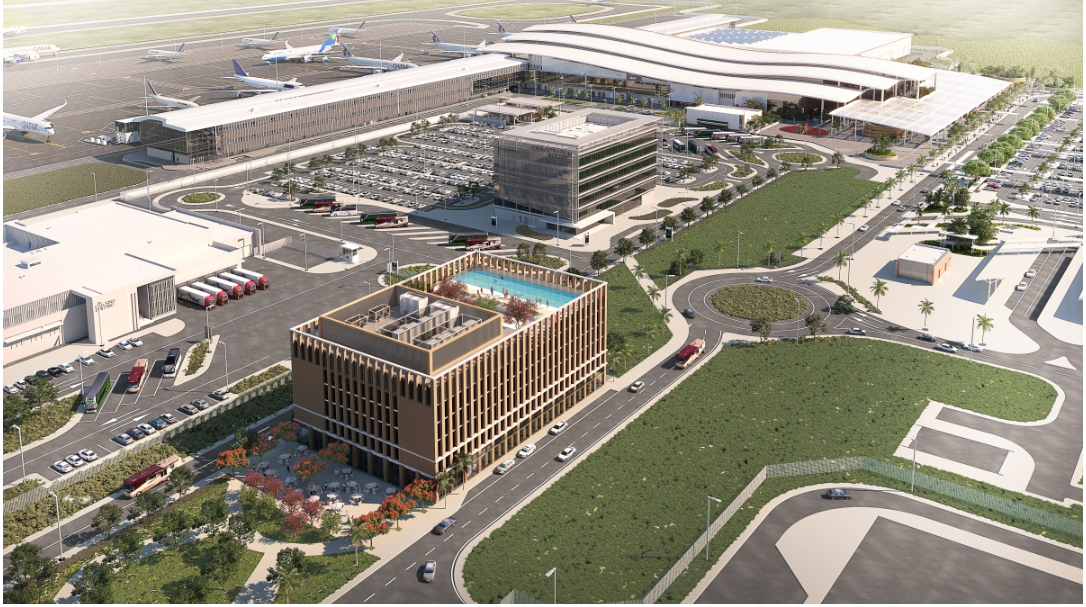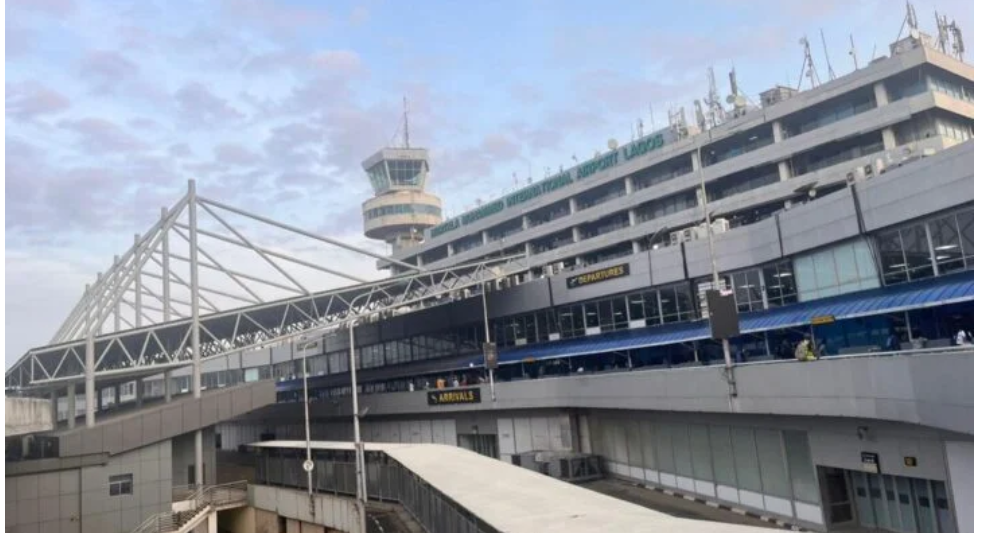 Africa is undergoing a significant transformation driven by rapid economic growth expanding middle class populations, and a desire to integrate more deeply into the global economy. One of the most critical sectors shaping this evolution is aviation, which is playing an increasingly vital role in connecting African nations internally and to the rest of the world. With a continent as vast and diverse as Africa, aviation holds the key to unlocking untapped potential in tourism, trade, and regional collaboration, paving the way for economic and social development.
Africa is undergoing a significant transformation driven by rapid economic growth expanding middle class populations, and a desire to integrate more deeply into the global economy. One of the most critical sectors shaping this evolution is aviation, which is playing an increasingly vital role in connecting African nations internally and to the rest of the world. With a continent as vast and diverse as Africa, aviation holds the key to unlocking untapped potential in tourism, trade, and regional collaboration, paving the way for economic and social development.
However this promising sector is not without challenges. Africa’s aviation industry faces infrastructure deficits, regulatory bottlenecks, and the lingering effects of the COVID-19 pandemic. Despite these hurdles, the winds of change are blowing across the continent, with governments, airlines, and private stakeholders stepping up to modernize the aviation sector, making travel more accessible and appealing than ever.
Africa’s vastness has always been both a challenge and an opportunity for its aviation sector. With over 1.4 billion people spread across 54 countries, air travel is often the most efficient way to traverse long distances. However, for decades, many African travelers have faced difficulties in moving from one country to another due to limited flight connections and high ticket prices. This has hampered not just leisure travel, but also business opportunities, tourism, and regional integration.
Efforts to change this landscape are beginning to yield results. One of the most promising developments in recent years is the launch of the Single African Air Transport Market (SAATM). Introduced by the African Union in 2018, SAATM seeks to liberalize air travel across the continent by removing restrictive policies and opening up African skies to competitive airlines. This initiative has already been adopted by 34 countries, representing over 80% of Africa’s aviation market, and aims to make intra-African air travel more efficient and affordable.
Liberalizing airspace is expected to benefit travelers and airlines alike. For passengers, lower fares and more direct routes will ease the complexities of flying between African cities. For airlines, particularly smaller and emerging carriers, an open sky provides new opportunities to expand operations, form partnerships, and establish regional hubs.
Furthermore, reducing the reliance on foreign carriers for intra-African routes will retain more economic value within the continent. Currently, many travelers have to transit through Europe or the Middle East for intercontinental flights, a costly and inefficient process. The SAATM and other regional collaborations aim to cut down on these routes, making direct travel more feasible and improving connectivity within Africa.
For Africa to fully harness the potential of its aviation sector, infrastructure development is critical. Many of the continent’s airports are outdated, lacking the capacity and facilities to handle increased passenger traffic and cargo demands. However, several African nations are making significant strides toward upgrading their aviation infrastructure, modernizing airports, and creating world-class aviation hubs.
 Rwanda has become a shining example of what is possible with strategic planning and investment. Kigali International Airport, for instance, is undergoing significant expansion, with plans to make it a regional hub. The country is also constructing the Bugesera International Airport, which is set to be a major facility for both passenger and cargo transport, positioning Rwanda as a leading aviation gateway for East Africa.
Rwanda has become a shining example of what is possible with strategic planning and investment. Kigali International Airport, for instance, is undergoing significant expansion, with plans to make it a regional hub. The country is also constructing the Bugesera International Airport, which is set to be a major facility for both passenger and cargo transport, positioning Rwanda as a leading aviation gateway for East Africa.
Ethiopiais another country leading the charge. Ethiopian Airlines, one of Africa’s largest and most successful carriers, is headquartered at Addis Ababa Bole International Airport, which is being expanded to serve as a key transit hub for Africa and the rest of the world. Ethiopian Airlines has made a name for itself as a leader in connecting African cities to global destinations, becoming a beacon for how African carriers can compete on the global stage.
 Nigeria, efforts to modernize aviation infrastructure have gained momentum, with Lagos’ Murtala Muhammed International Airport undergoing renovations to better serve one of Africa’s most populous nations. Additionally, Ghana is making strides with Kotoka International Airport in Accra, which has positioned itself as one of the more modern and efficient airports in West Africa.
Nigeria, efforts to modernize aviation infrastructure have gained momentum, with Lagos’ Murtala Muhammed International Airport undergoing renovations to better serve one of Africa’s most populous nations. Additionally, Ghana is making strides with Kotoka International Airport in Accra, which has positioned itself as one of the more modern and efficient airports in West Africa.
Tourism is one of Africa’s most promising industries, with its rich cultural heritage, breathtaking landscapes, and unique wildlife drawing international interest. However, the continent’s full potential has yet to be realized. Inadequate aviation services, visa restrictions, and concerns over safety have traditionally made Africa a difficult destination for many global tourists. Improving air travel is central to unlocking this untapped potential. With more direct routes, increased flight frequency, and competitive pricing, tourism is expected to flourish. Airlines like Kenya Airways, Royal Air Maroc, and Air Côte d’Ivoire have all expanded their services to attract more tourists to the continent. For instance, Kenya Airways’ increased routes have facilitated more accessible travel to East Africa’s popular tourist spots, including safaris and coastal retreats.
Another standout example is Ghana, whose Year of Return campaign in 2019 invited the African diaspora to visit the country in commemoration of 400 years since the first enslaved Africans were taken to the Americas. The campaign resulted in a surge of tourism, boosting both the national economy and Ghana’s global reputation as a welcoming destination. Many African countries are now replicating this model, using aviation as the primary bridge to connect the diaspora and global tourists with their rich historical and cultural offerings.
However, to sustain this momentum, more investment is needed in promoting Africa as a premier destination, as well as in infrastructure that supports tourism—airports, hotels, and local transport networks.
Despite the optimism surrounding Africa’s aviation industry, there are still challenges to overcome. The COVID-19 pandemic hit the industry hard, resulting in a decline in passenger numbers and significant financial losses for many airlines. Recovery has been slow, but signs of rebound are evident as global travel resumes. African airlines are working hard to regain market share and rebuild confidence among travelers.
Another challenge is sustainability. As global focus intensifies on reducing carbon emissions, African airlines face pressure to adopt greener practices. Investing in fuel-efficient aircraft and exploring the use of sustainable aviation fuels (SAF) are some of the solutions being explored, but affordability remains a significant barrier. Collaboration between governments and airlines will be essential to balance growth with environmental responsibility.
Lastly, addressing security concerns is essential for fostering trust in African aviation. Strengthening safety protocols, implementing effective regulations, and adopting modern technology for air traffic control are crucial steps to ensure the reliability and safety of African airspace.
Africa’s aviation sector stands on the brink of a transformative era, with immense opportunities to shape the continent’s future. By improving infrastructure, expanding air routes, and liberalizing air travel, African nations are making flying more accessible, affordable, and efficient. As a result, the continent’s tourism industry, economic integration, and business prospects will soar to new heights.
With aviation playing such a pivotal role, Africa’s travel landscape is set for a dynamic transformation—one where the skies become not just a mode of transportation, but a pathway to economic empowerment, cultural exchange, and global integration. The winds of change are upon Africa’s aviation industry, and the world is watching as it ascends to new horizons.
Ennywealth


